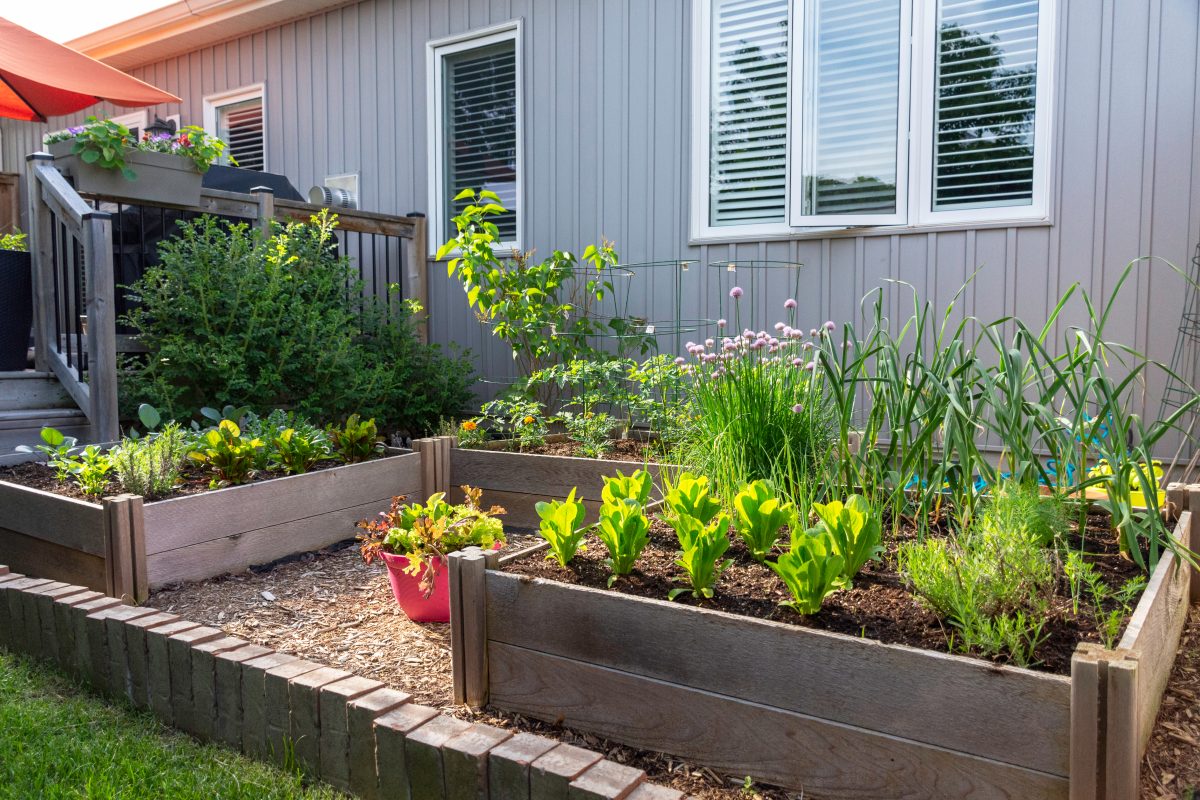
As the cost of living continues to escalate, coupled with a significant rise in food prices, many Canadians are exploring alternative ways to ensure food security for their households. Gardening, once perceived primarily as a hobby, is now increasingly being seen as a practical and sustainable solution to mitigate the impact of rising food costs.
Across Canada, garden centres are reporting increased interest and booming sales as more people venture into planting their own fruits and vegetables. From Calgary to Saskatoon, home gardening and community garden initiatives are flourishing, indicating a renewed interest in self-sustainability.
Despite the promising trends, it’s important to note that the success of gardening initiatives is not guaranteed without proper support and planning. Community and school gardening programs, while offering numerous health, well-being and educational benefits, require a solid infrastructure and sustained commitment to achieving their potential benefits.
Research conducted in Montréal suggests that community gardening may not directly alleviate food insecurity in under-served communities, but it does offer other significant benefits. These include providing employment opportunities for young adults facing barriers to employment, offering mentorship and expressive outlets for under-served youth, and fostering partnerships between schools and organizations with social and environmental justice mandates.
Furthermore, while gardening efforts can contribute to the “green gentrification” of neighbourhoods, it’s essential to ensure that these initiatives benefit all community members, particularly those facing food insecurity.
In the context of schools, incorporating gardening into the core curriculum can enhance its educational value and relevance, paving the way for students to develop a deeper understanding of food production, sustainability, and environmental stewardship.
Innovation also plays a crucial role in making gardening a year-round possibility, even in regions with harsh winters. For instance, the emergence of geodomes – greenhouses that can withstand up to seven feet of snow – is making it possible to grow vegetables all year round in places like Biggar, Sask.
As we grapple with the economic challenges of the present day, gardening emerges not just as a response to rising food prices, but as an opportunity to build stronger, healthier, and more sustainable communities. If you’ve been considering giving gardening a try, now is a perfect time to start – it’s an investment in your health, your wallet, and your planet.
Colin Macmillan is a seasoned entrepreneur and the CEO of Riverwood Landscape, a leading landscaping company based in Canada. He has been at the helm of the company since leaving high school, demonstrating his strong leadership skills and business acumen.
Colin’s expertise lies in various aspects of landscaping, including lawn care, interlocking, sod installation, and commercial maintenance. His hands-on approach and dedication to the craft have been instrumental in building Riverwood Landscape into a reputable brand.
One of his most notable achievements is the creation of a successful landscape franchise that services multiple locations. This accomplishment underscores his strategic thinking and ability to scale operations effectively.
Colin has also had the privilege of working with Guelph Hospital for landscaping and maintenance, a testament to the trust and reliability that his company has earned over the years.
His professional mission is to offer the best services and experiences for customers, a goal that he tirelessly pursues. Colin’s commitment to excellence and customer satisfaction continues to drive the growth and success of Riverwood Landscape.







